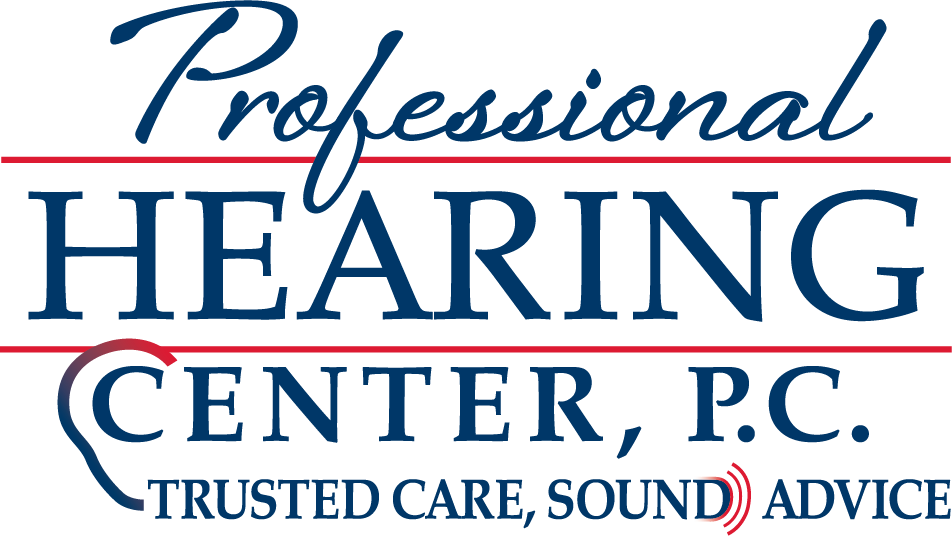
In the past, hearing aids have had a stigma. If you use one, people might think of you as old. What is the consequence?
Countless people, both young and old, decide against hearing aids and suffer needlessly from hearing loss, which itself is connected to a number of health concerns. This is reinforced by the numbers: 30 million individuals in the United States dealing with hearing loss, yet only around 15 percent of that group has ever worn a hearing aid.
At the same time, more and more young people are dealing with hearing loss: a WHO report from 2015 predicted that 1.1 billion teens and young adults would damage their hearing irreparably due to over the top use of headphones and louder and louder music events.
Still, shifting attitudes and sophisticated technology have given hearing aids a new outlook, and soon they’ll be in the same category as eye-glasses – and contact lenses, for that matter.
If You Require Hearing Aids, You Should Wear Them, Here’s Why
There are a ton of reasons why you should use hearing aids, some of them are surprising and some are obvious.
Some of the most common reasons are as follows:
- Social activities will be more enjoyable
- You’ll raise your earning power
- You won’t struggle as much having conversations
- You won’t have to crank the TV or music up
- One of the obvious factors would be that you will be able to hear better
- You can decrease tinnitus symptoms
- You’re brain won’t have to work so hard
Do these seem like beneficial reasons to you? Some advantage can be gained by using hearing aids even for individuals with minor hearing loss.
What many people aren’t aware of is that hearing loss is connected to cognitive decline, mental health problems, and conditions like Alzheimers disease and dementia.
Research points to a number of different reasons why this might happen, including that the brain becomes overtaxed and overtired because it’s always attempting to comprehend sounds. It could be that the brain cells don’t get enough stimulation so they shrink and die, or it could be because of the leading cause of depression, anxiety, and other mental health problems which is social isolation.
By letting you hear words and sounds near you more clearly, hearing aids can help lessen these issues. Your brain can then process these sounds as it ordinarily would without needing to use additional resources, while you will begin to enjoy conversations and social activities again because you will gain more confidence.
Technological Advances in Hearing Aids
By now it should be apparent why people of any age need to use hearing aids if they require them. Now we’re going to tell you about the how; for example, how hearing aid technology has progressed to the point where they’re nothing like your grandparents’ hearing aids.
The cumbersome, over-the-ear hearing aids are still available for the people who like them. They also have advanced to the point that they can identify where sound is originating from and can filter out sound effectively. Conversely, there are more modern versions of hearing aids that are almost invisible, yet contain a lot of technology to fit in with today’s digital world.
Do you want to connect your hearing aid to your smartphone, tablet, tv, or even your car’s GPS? Most modern hearing aids have Bluetooth technology so you’re in luck. There are even higher-end versions keep track of your physical health, stream music, and take calls for you. Smart hearing aids are becoming a must for anybody who has hearing loss because like your smartphone or smartwatch, they’re simply designed to do more. So now that you are ready to deal with your hearing loss and begin wearing a hearing aid, consult with us for an appointment and hearing assessment.
